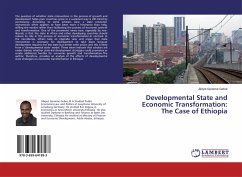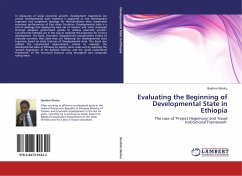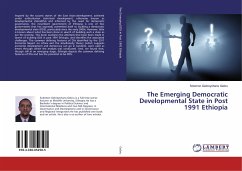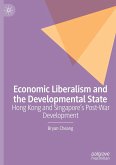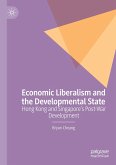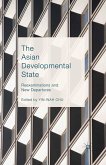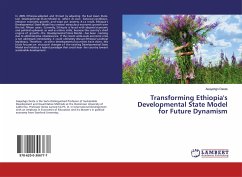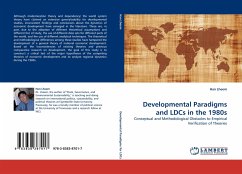The question of whether state intervention in the process of growth and development helps poor countries grow in a sustained way is still mired by controversy. According to some scholars view, a state economic intervention often appears to have been more a hindrance than help, stifling the market rather than facilitating the process of economic growth and transformation. One of the prominent views now, especially by neo-liberals, is that the state in Africa and other developing countries should reduce its role in the process of economic transformation.In contrast to the neo-liberals, others take an opposite view and argue that state intervention is necessary for development to take place because development requires not less state but better state action and this is likely from a 'developmental state' model. These views indicate that scholars are under debate whether state-led development strategies could promotes or create additional hurdles for economic growth and transformation.The author, therefore, provides an analysis of the effects of developmental state strategies on economic transformation in Ethiopia.
Bitte wählen Sie Ihr Anliegen aus.
Rechnungen
Retourenschein anfordern
Bestellstatus
Storno

